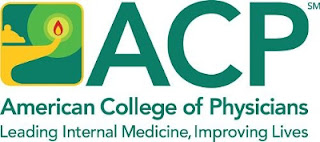The American College of Physicians, the second-largest physician group in the United States with 152,000 members, has declared that physician-assisted suicide (PAS) is unethical.
The ACP takes a forthright stand in the latest issue of the Annals of Internal Medicine. Supporting appendicies covering most of the arguments for and against physician-assisted suicide (PAS). Currently PAS is legal in Oregon, Washington, Montana, Vermont, California, Colorado and the District of Columbia, following ballot initiatives, legislation or a court order.
Although the ACP recognises the depth of feeling in the debate, it has not budged from opposition. Its conclusion is:
The ACP does not support the legalization of physician-assisted suicide, the practice of which raises ethical, clinical, and other concerns. The ACP and its members, including those who might lawfully participate in the practice, should ensure that all patients can rely on high-quality care through to the end of life, with prevention or relief of suffering insofar as possible, a commitment to human dignity and management of pain and other symptoms, and support for families. Physicians and patients must continue to search together for answers to the challenges posed by living with serious illness before death.
In a sense, the ACP position paper is very “traditional” in its concerns and arguments. It even jibs at woolly terminology used in the debate:
Terms for physician-assisted suicide, such as aid in dying, medical aid in dying, physician-assisted death, and hastened death, lump categories of action together, obscuring the ethics of what is at stake and making meaningful debate difficult; therefore, clarity of language is important.
Click here for more from National Right to Life

